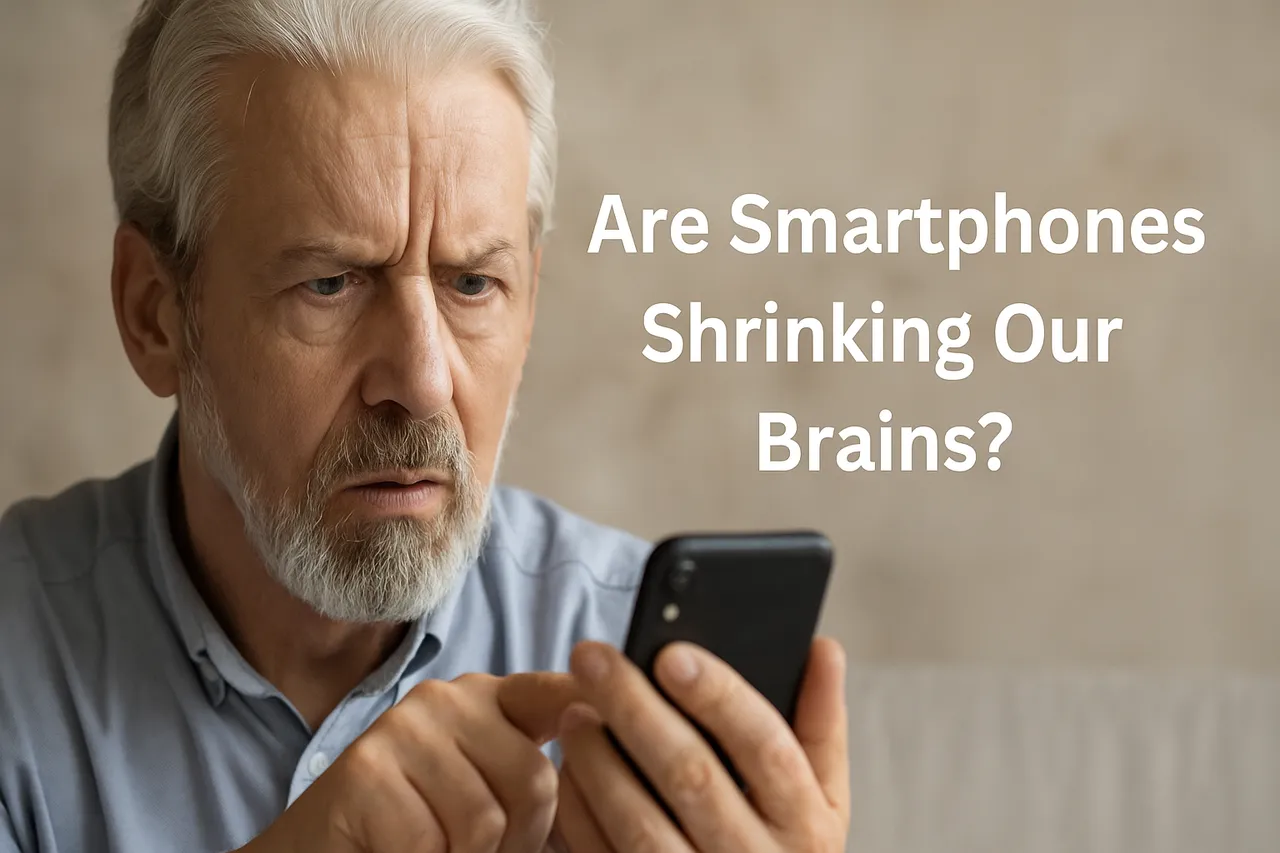As someone who often marvels at how seamlessly my smartphone integrates into my daily routine - emailing on the go, checking the weather while brushing my teeth, or doom-scrolling Twitter at 1 a.m. - I can't help but wonder: what price are we silently paying for this perpetual connection?
I recently stumbled upon a compelling research article by Noah Castelo and colleagues, which completely reshaped how I view that tiny glowing slab in my hand. Their randomized controlled trial, arguably one of the most rigorous of its kind, demonstrated something astonishing. Just two weeks of blocking mobile internet improved mental health, attention span, and overall well-being, with effects comparable to a 10-year reversal in cognitive aging.
What the Research Actually Shows
The study, involving 467 participants, blocked all mobile internet access on smartphones using an app called Freedom, but left text and call functionality intact. Think of it as turning your device from a smartphone into a feature phone. Within just 14 days, participants showed significant boosts in sustained attention, mental health, and subjective well-being. In fact, over 90% of users saw measurable improvement in at least one area.
Something more profound happened in the research. The effect on sustained attention was equivalent to reversing 10 years of cognitive decline, which is massive considering that modern aging already poses cognitive risks. Now imagine amplifying that risk with a constant dopamine drip from digital notifications, memes, and short-form videos.

But Can Smartphones Accelerate Aging?
While the study didn’t directly assess biological aging, it strongly implies that cognitive aging may be hastened by constant mobile internet exposure. The various reasons reported include:
Reduced sustained attention: Our prefrontal cortex, critical for memory and planning, is increasingly bombarded with distractions, reducing its plasticity and efficiency.
Mental fatigue and multitasking: Continuous partial attention, toggling between apps, notifications, and tabs, forces the brain to work inefficiently. Over time, this can degrade executive functioning, similar to aging-related cognitive slowdowns.
Reduced time for restorative activities: People spent less time outdoors, socializing, or even sleeping due to mobile internet use. These are all protective factors against cognitive decline and aging.
Beyond the Brain: A Psychological Toll
Participants in the study also reported higher feelings of social connectedness, better self-control, and improved sleep when their phones couldn’t access the internet. If we think of aging holistically - cognitively, emotionally, and physically - then yes, smartphones in their current design may be nudging us toward early burnout.
There’s also the overlooked impact of neurochemical depletion. Constant notifications lead to dopamine spikes, and over time, the brain becomes desensitized, demanding more stimuli for the same reward, just like substance tolerance. This vicious cycle leads to attention disorders, stress, and potentially premature cellular aging via chronic inflammation and oxidative stress, as suggested in related neuroscience literature.
Cognitive Offloading or Cognitive Decay?
Another dimension worth discussing is cognitive offloading—the process where we rely on devices to remember, decide, or calculate for us. While it’s convenient, studies like Sparrow et al. (2011) suggest that over-reliance on external storage like phones may impair memory consolidation and creative problem-solving, both key indicators of brain health.
If your brain isn’t challenged to retrieve information, solve problems, or focus deeply, it’s not building resilience, it’s deteriorating, much like unused muscles atrophying. The long-term implication? A society more vulnerable to early-onset cognitive issues like dementia and ADHD.
What Can We Do?
The study didn’t just diagnose the problem; it offered a solution. A mere two-week break from mobile internet led to:
More face-to-face interactions
Increased time in nature
Improved sleep quality
Enhanced attention and mood
This isn’t a call to abandon smartphones. Instead, we need to redesign our digital lives with intentional friction. Batch notifications. Schedule phone-free hours. Invest in tech that respects human attention, not exploits it.
In Summary
The Castelo et al. study is more than just a scientific paper, it’s a wake-up call. Smartphones are shrinking our attention spans, draining our mental health, and potentially accelerating aspects of cognitive aging. While the tech isn’t inherently evil, our usage patterns are clearly maladaptive.
If a two-week internet break can simulate the cognitive clarity of a decade younger self, maybe it’s time to rethink what we consider normal in our always-connected lives. Your brain, and maybe even your future self, will thank you.
Resources
- PNAS Nexus – Blocking mobile internet on smartphones improves sustained attention, mental health, and subjective well-being (2025)
- Sparrow, Liu & Wegner (2011) – Google Effects on Memory
- Harvard Health – Multitasking damages memory and attention
- Frontiers in Psychology – Effects of Smartphone Use on Cognitive Function
- Nature Aging – Chronic stress and inflammation in cognitive aging